World Rewilding Day 2023
The 20th March marks World Rewilding Day 2023 and people across the planet will be celebrating by raising awareness of the rewilding practice and why our world is in dire need of it. As a partner of Rewilding Europe, we would like to give you some background on the topic of rewilding.

What is rewilding?
Rewilding is a progressive approach to conservation that seeks to restore ecosystems on a large scale, allowing nature to thrive without external intervention. Human efforts may be needed to create the right conditions for nature to flourish in these instances, but the ultimate goal is to create self-sufficient ecosystems.
Rewilding involves reinstating natural processes and reintroducing missing species that have been displaced due to human actions. It may be ironic that the areas in most need of rewilding are often the result of human interference, but by restoring these areas, we increase the chances of vulnerable species surviving in self-sustaining systems. After all, it's only by doing our part that we can step back and let nature manage itself.
Why is it important to us?
Here are just a few reasons why we need rewilding and why it means so much to us:
Replenish biodiversity
Biodiversity is crucial for supporting life on earth. It provides us with food, clean water, air, and much more. Through rewilding, we can recover ecosystems and restore natural processes, allowing relationships between species to function as they should. For example, reintroducing grazing animals can encourage plant growth and rivers can support wetlands that store flood water after heavy rainfall.
Changing the climate
Rewilding can play a huge role in reversing climate change. Woodland, grassland, and heaths as well as peatland have a large impact in sequestering CO2 from the atmosphere. Carbon is removed through photosynthesis and is absorbed in the wood, leaves, and soil, containing it within the different ecosystems. At an estimate, 6 million hectares could sequester 47 million tonnes of CO2 per year.
Preventing natural disasters
Naturally functioning ecosystems not only help mitigate climate change, they also dampen the effects of naturally occurring disasters. For example, with floods, tree growth can slow floods on denuded hills, delay the rate of rainwater with tree canopies, and divert rainwater underground with tree roots (this avoids rainwater being absorbed overground instead at a drastically reduced rate).
Encouraging wildlife to adapt
Rewilding affected areas to the point where we have an interconnecting system of nature-rich habitats will allow wildlife in these areas to freely move between them. The habitats themselves can adapt as climate zones shift north. There is such high potential to save a significant number of species at risk from decline or extinction because of climate related threats.
Boosting our wellbeing
Simply put, more nature = improved quality of life. The benefits that wildlife see through rewilding also apply to us. More clean air, clean water, and defences from natural disasters are only the tip of the iceberg to what rewilding gives back to us.
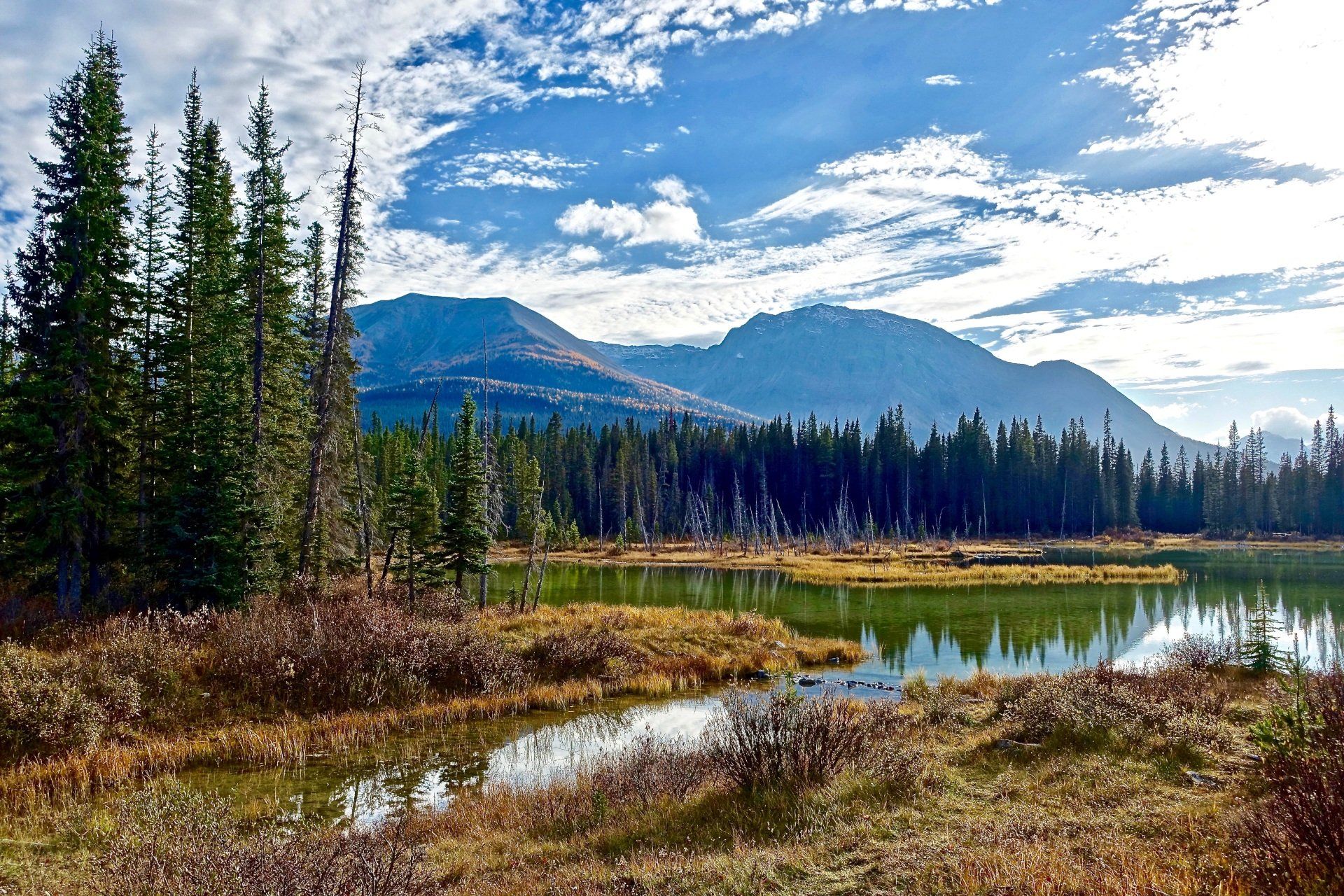
What about urban rewilding?
Rewilding isn’t just confined to rural areas of the world. Urban rewilding means restoring the natural processes and reintroducing nature to our own concrete jungles. From boosting our health to combating biodiversity loss and climate change, most benefits of rewilding also apply to the urban environment. It’s about bringing back elements of the wilderness back to the city, after all.
The best part is, anyone can be a part of it. Whether it's growing pollinator-friendly plants on your balcony or advocating for more green spaces in your city, urban rewilding can be achieved through both small and large actions. The beauty of urban rewilding lies in its versatility - there are countless approaches to restoring nature in our cities, and each one can be tailored to suit the unique characteristics and culture of a particular urban area.
How can you get involved?
It doesn’t matter who you are. Everyone can get involved with rewilding. This World Rewilding Day, why not join one of the many community run events across Europe, spread the word by joining the #RewildingHOPE conversation by letting everyone know why rewilding means ‘hope’ to you, or check out this special playlist full of rewilding knowledge and inspiration.

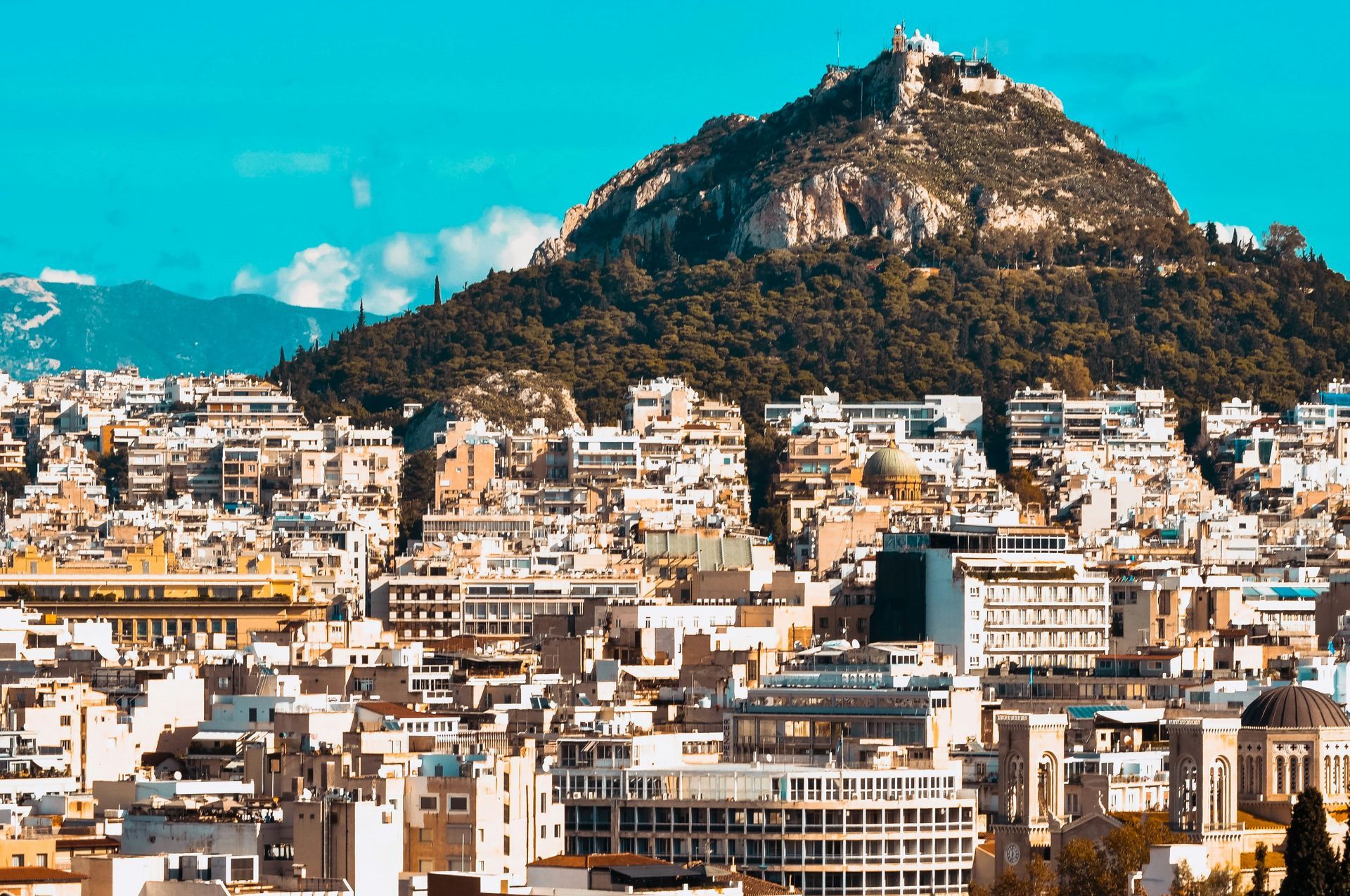
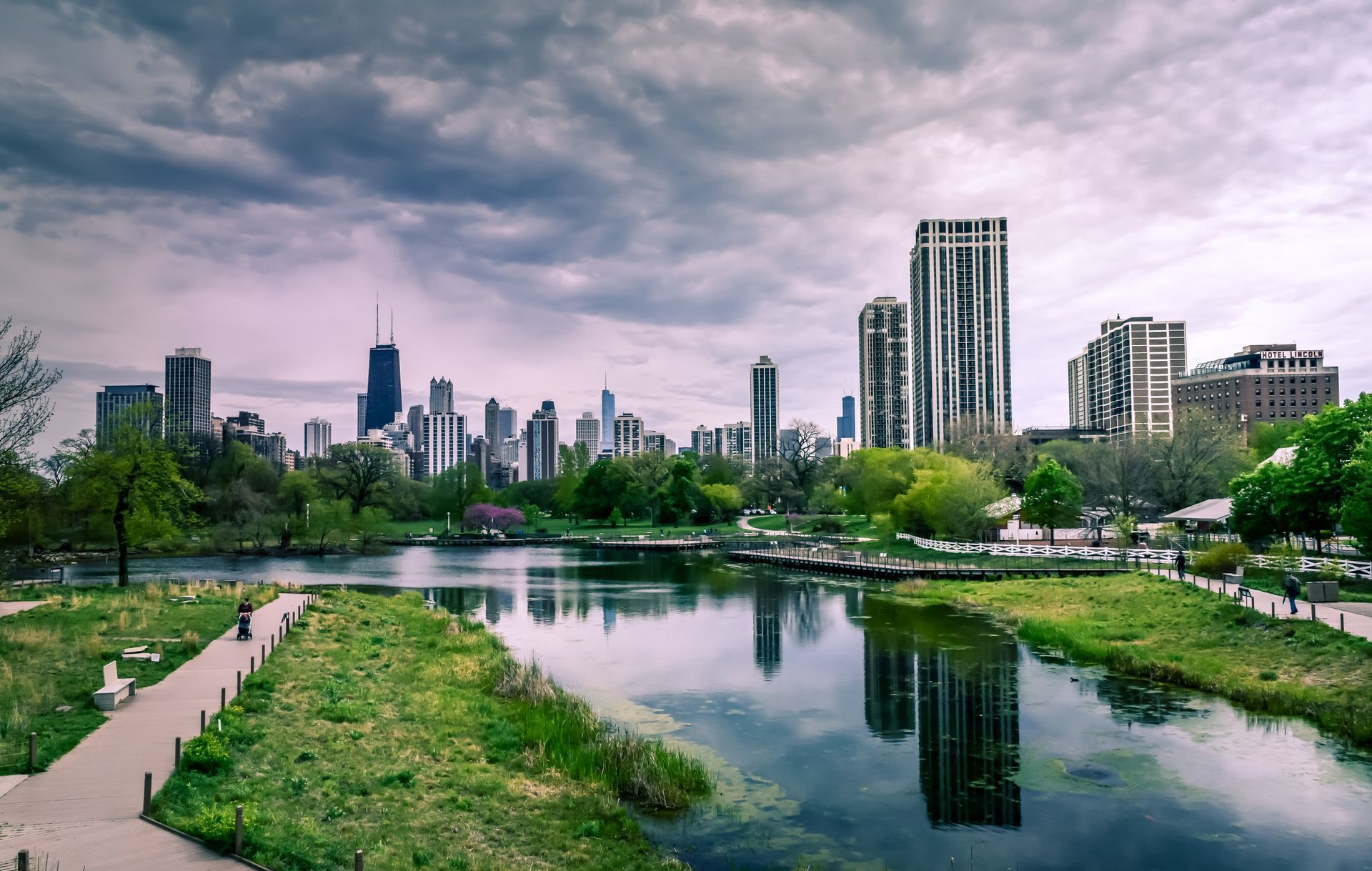
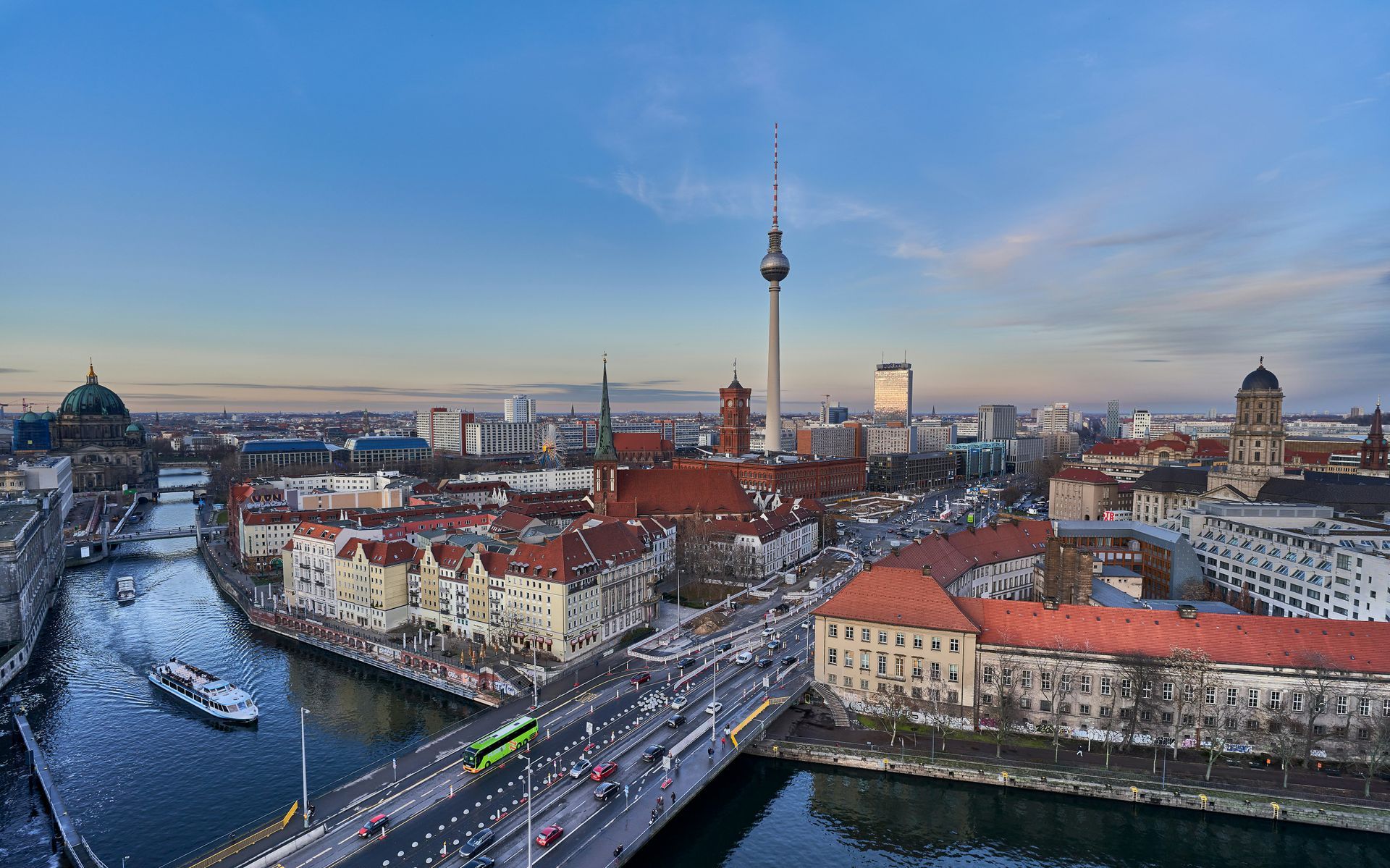

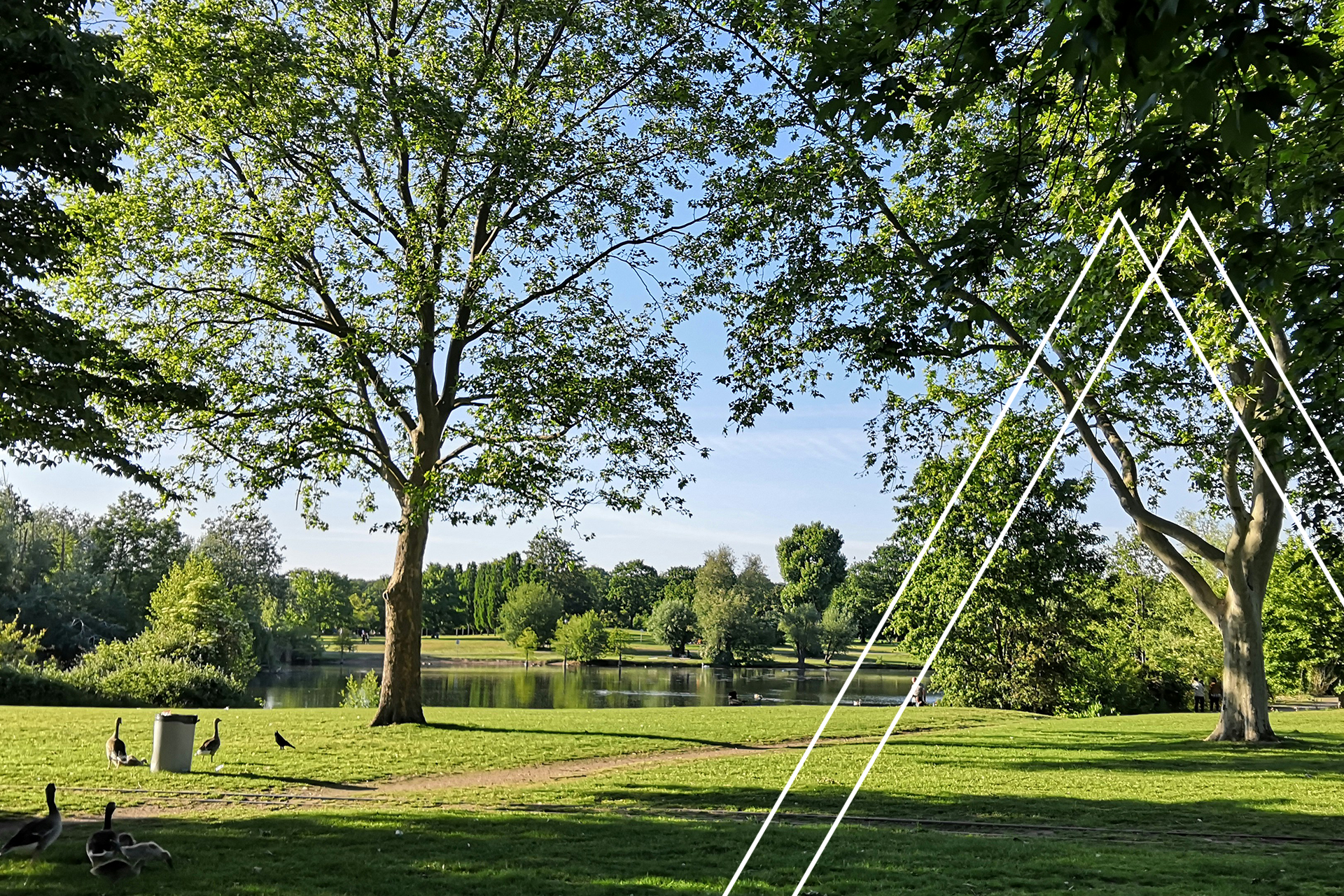
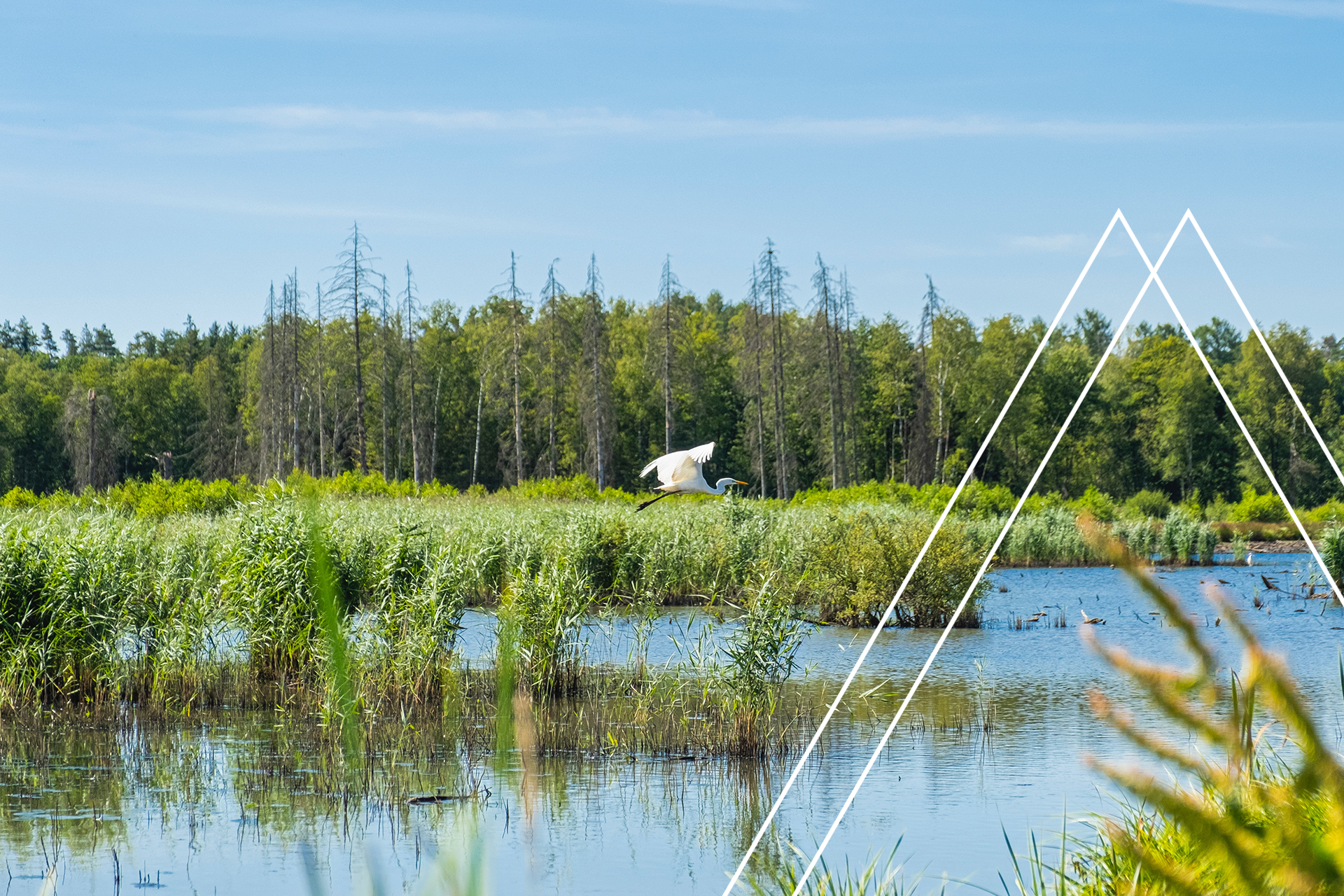
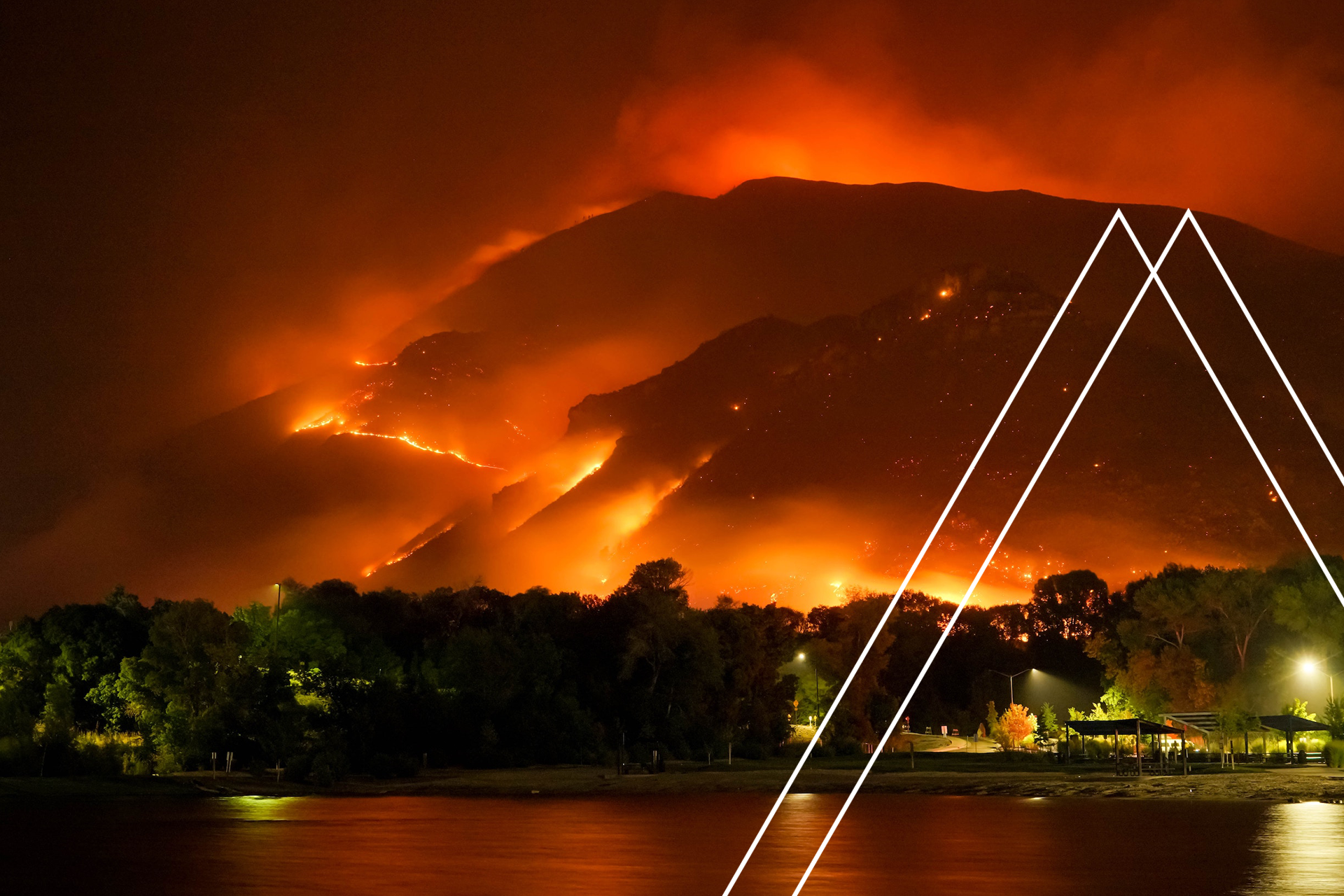
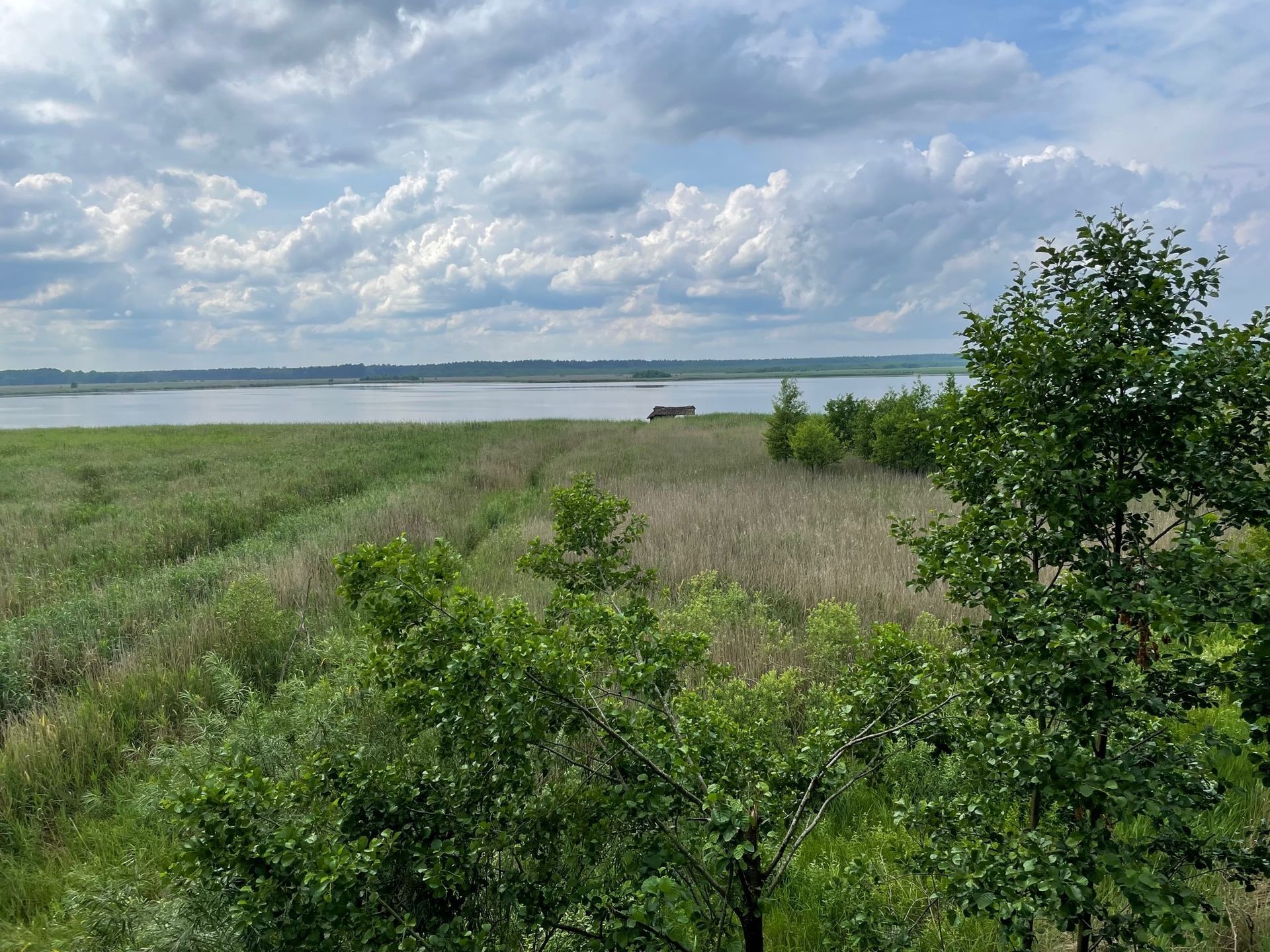
Head Office, Berlin,
Neue Grünstraße 17 | 18 Hof 1 | TRH 3
10179 Berlin
© ES EnviroSustain GmbH 2021




